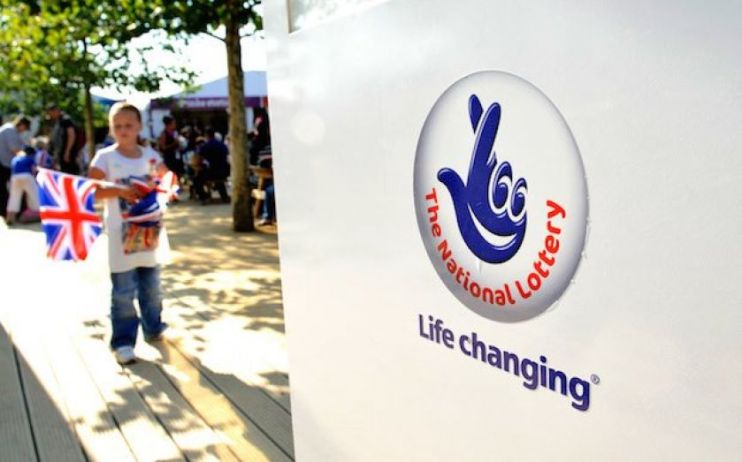Allwyn takes over National Lottery today after ‘legal issues’ delayed promises

Entertainment group Allwyn is set to take over as the National Lottery operator today, marking the first time the licence has changed hands in thirty years, but legal issues have hampered some of its pledges.
The company has plans to overhaul the technology behind the Lotto as it replaces previous operator Camelot, which was first granted the licence in 1994.
Over the next decade, Allwyn is moving to a new platform run by lottery company Scientific Games, which it said “will enable a richer and more relevant experience for individual players, while also using data to support healthy play.”
Owned by the Czech billionaire Karel Komárek, Allwyn already runs lotteries in the Czech Republic, Greece, Cyprus, Italy, Austria and the US state of Illinois.
Now it has added the UK to its roster, it is also looking to expand its high street presence and ramp up investment in marketing in a bid to better differentiate its games.
But the handover has not been completely smooth sailing. Promises made when Allwyn was bidding for the lucrative government contract have been cast into doubt.
The incoming National Lottery operator’s pledge to reduce the ticket price from £2 to £1 is currently under review. And last week, chief executive Andria Vidler said there would not initially be any “Big Bang changes” as legal issues have stalled new games.
Delays ensued in switching to the new technology provider as Allwyn extended its contract with existing supplier, International Games Technology (IGT). IGT dropped the legal action in January.
Another legal battle had erupted after Cameolt challenged the Gambling Commission’s decision to award Allwyn the contract. This later resolved when Allwyn acquired the old operator, but it stalled progress.
Vidler said: “Until all of these big challenges were resolved, we couldn’t get going.”
Allwyn has also warned that postponed plans for new draw-based games will affect sales and the funds allocated to charitable causes during the initial phase of its 10-year licence.
Last year, former boss Robert Chvátal said the lottery “may get a headwind initially”, meaning the money meant for good causes drops below the amount originally projected for the first two years.
Vidler, who stepped up to become head honcho last October, said the group was trying to ensure that money for good causes will not go “backwards” in 2024, but that sales growth has a direct impact on the charitable funding.
In December, Allwyn reported a 98 per cent surge in total revenue to €2bn (£1.7bn).
Previous operator Camelot has faced scrutiny multiple times as its profits surged ahead of returns to charitable causes, prompting a reprimand from the National Audit Office in 2017.